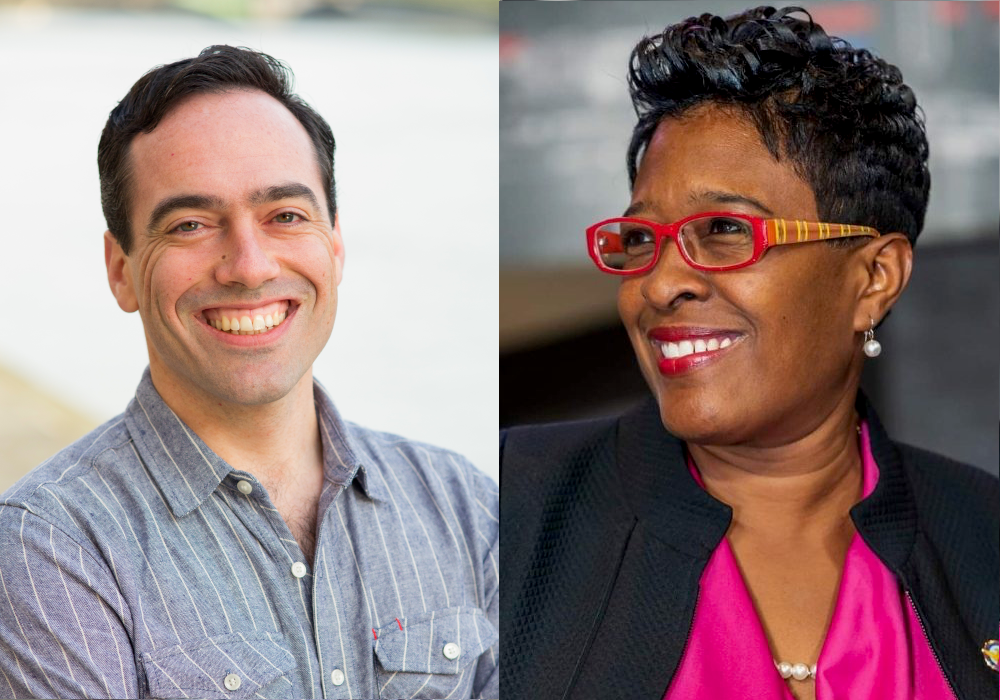
Caption
Peter Hubbard and Keisha Waites are Democratic candidates for a seat on the Georgia Public Service Commission. They will face each other in a run-off election on Tuesday, July 15th, 2025.
Credit: Photos from the candidates via Georgia Recorder

